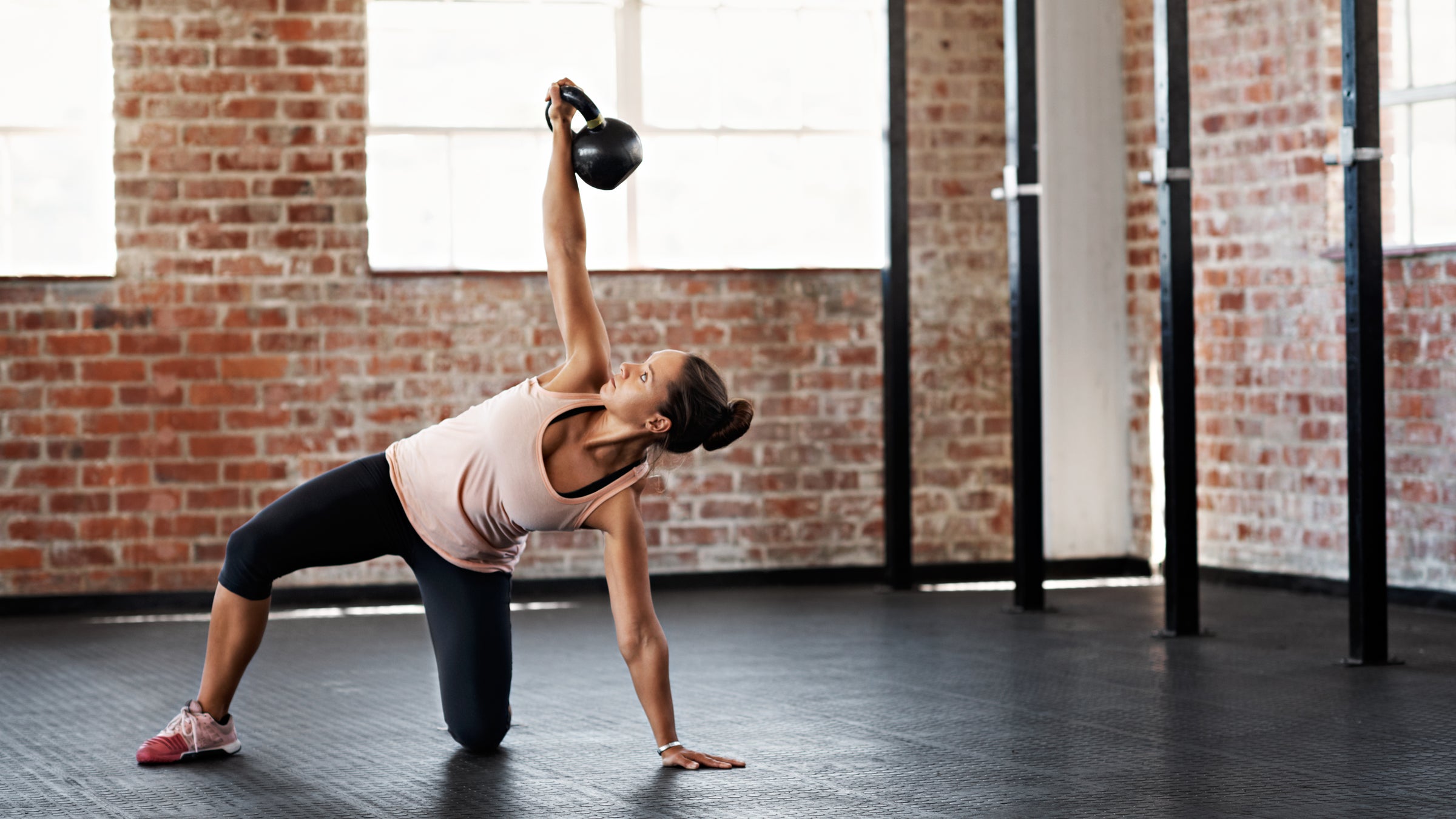Functional Strength Training: A Comprehensive Approach to Fitness

When it comes to choosing a fitness regimen, the sheer number of options can be overwhelming. There is traditional weight lifting all the way to cardio-centric classes. Each style has its advocates and its benefits. However, functional strength training stands out from the rest. Its comprehensive approach enhances athletic performance and it also improves tasks in everyday life. In this blog, we’ll explore how functional strength training compares to other styles and discuss its unique benefits.
What is Functional Strength Training?
Functional strength training involves exercises that are designed to mimic and strengthen the movements you perform in everyday life. Whether it’s lifting heavy boxes, climbing stairs, or carrying groceries, functional training prepares your body to perform these tasks with ease and less risk of injury. This form of training utilizes free weights, resistance bands, bodyweight exercises, and more, to target multiple muscle groups simultaneously.
Benefits of Functional Strength Training
1. Enhances Real-Life Movements: Unlike traditional weight training that often isolates specific muscles, functional strength training involves training the body to work as a whole. This holistic approach ensures that muscles learn to work together, which enhances coordination and balance. A study published in the Journal of Strength and Conditioning Research noted that individuals who engaged in functional training improved their ability to perform daily activities more than those who engaged in traditional resistance training alone.
2. Reduces the Risk of Injury: By simulating real-life activities, functional training strengthens not just the muscles but also the ligaments and tendons, reducing the likelihood of injuries in daily life and sports. According to a review in the American College of Sports Medicine, this type of training can decrease injury rates by improving the stability of muscles and joints.
3. Increases Core Stability: A strong core is crucial for overall body strength and stability. Functional strength training often involves exercises that activate the core, including the abdominals, lower back, and hips, leading to better posture and reduced lower back pain. Research has shown that a well-conditioned core can alleviate back pain and improve athletic performance.
4. Offers Versatility and Adaptability: One of the hallmarks of functional training is its adaptability to various fitness levels and needs. Exercises can be scaled up or down, making it suitable for beginners and advanced athletes alike. This flexibility also allows for a wide variety of exercises, which keeps the training sessions interesting and challenging.
5. Provides High Efficiency: Functional training is often intense and engages multiple muscle groups at once, which means you can get a comprehensive workout in a shorter period of time. This efficiency makes it an ideal choice for those with busy schedules who might not have the time for longer workout sessions.

Comparison with Other Training Styles
Traditional Weightlifting: Traditional weightlifting focuses on increasing muscle mass and strength in specific areas. However, functional strength training emphasizes overall body strength and the ability to perform everyday activities more efficiently. Weightlifting can lead to greater raw strength, but functional training offers better overall fitness and practical application in daily life.
Cardio Workouts: Cardiovascular workouts are great for heart health and endurance. However it often does not provide the muscle strengthening and coordination benefits of functional training. Functional strength training provides a cardiovascular benefit while also improving muscular strength and coordination.
Yoga and Pilates: While these practices enhance flexibility and core strength, they don’t typically provide the same level of cardiovascular or overall strength benefits that functional strength training can offer. However, combining elements of yoga or Pilates with functional training can lead to a well-rounded fitness routine.
Conclusion
Functional strength training is a powerful approach to fitness that prepares your body for the demands of daily life and sports! it does this all while reducing injury risk and increasing overall strength and stability. Its adaptability and efficiency make it an ideal choice for anyone looking to enhance their quality of life through fitness. Whether you’re a busy professional looking for an efficient workout, an athlete aiming to improve performance, or someone seeking to reduce physical discomforts like back pain, functional strength training can be tailored to meet your needs and help you achieve your goals. Give functional strength training a try at R3 fitness!